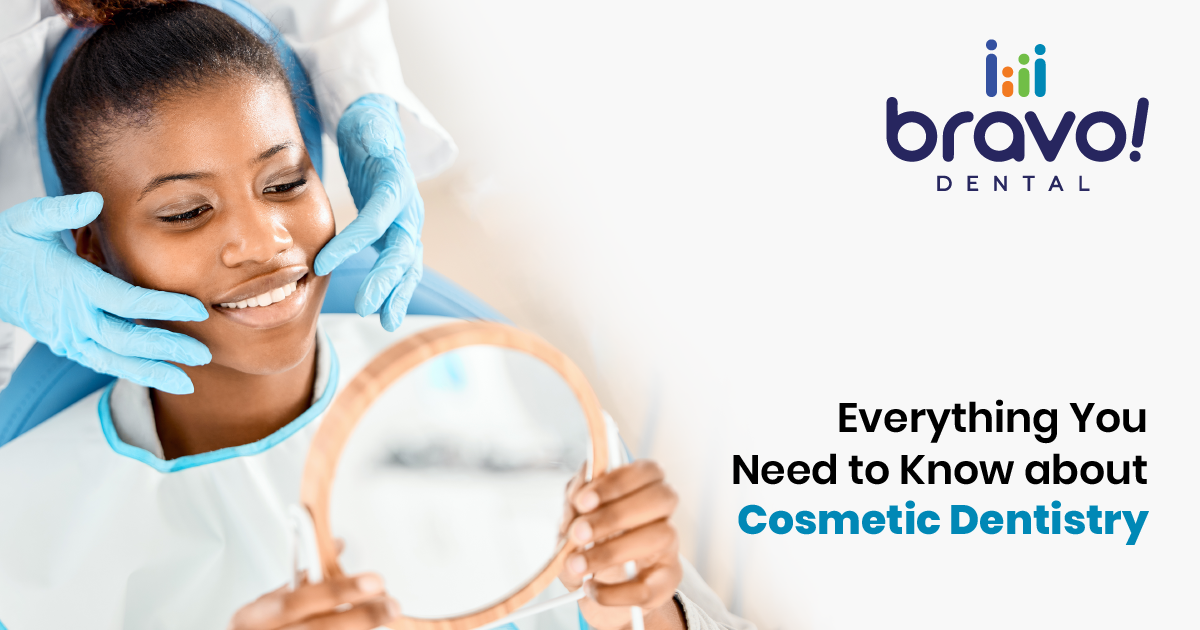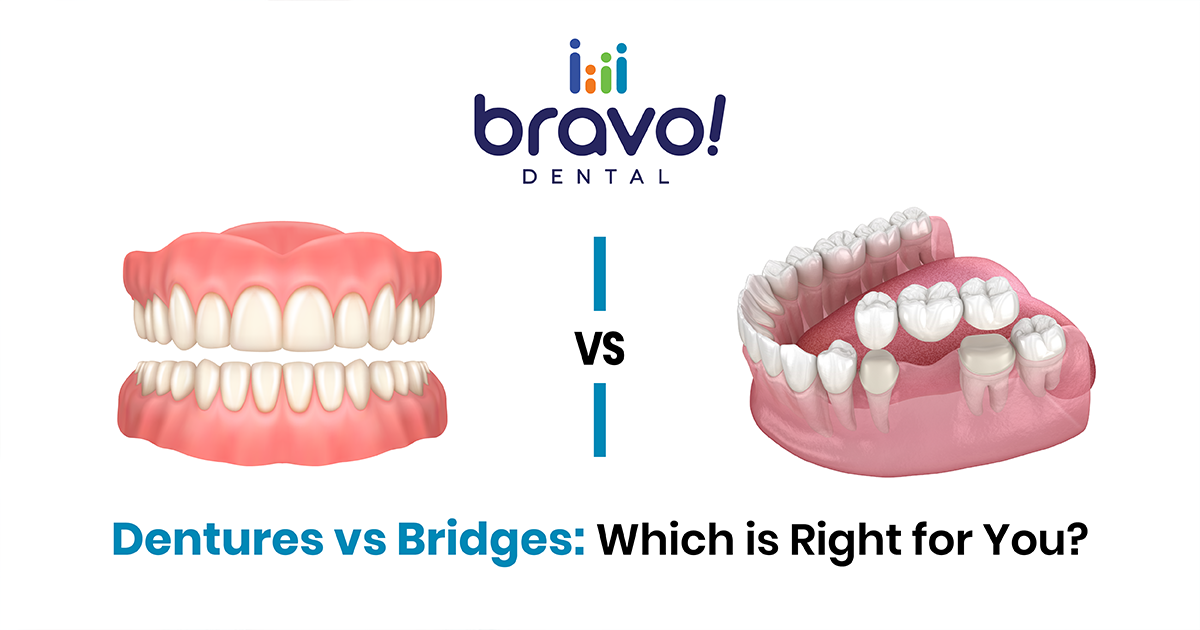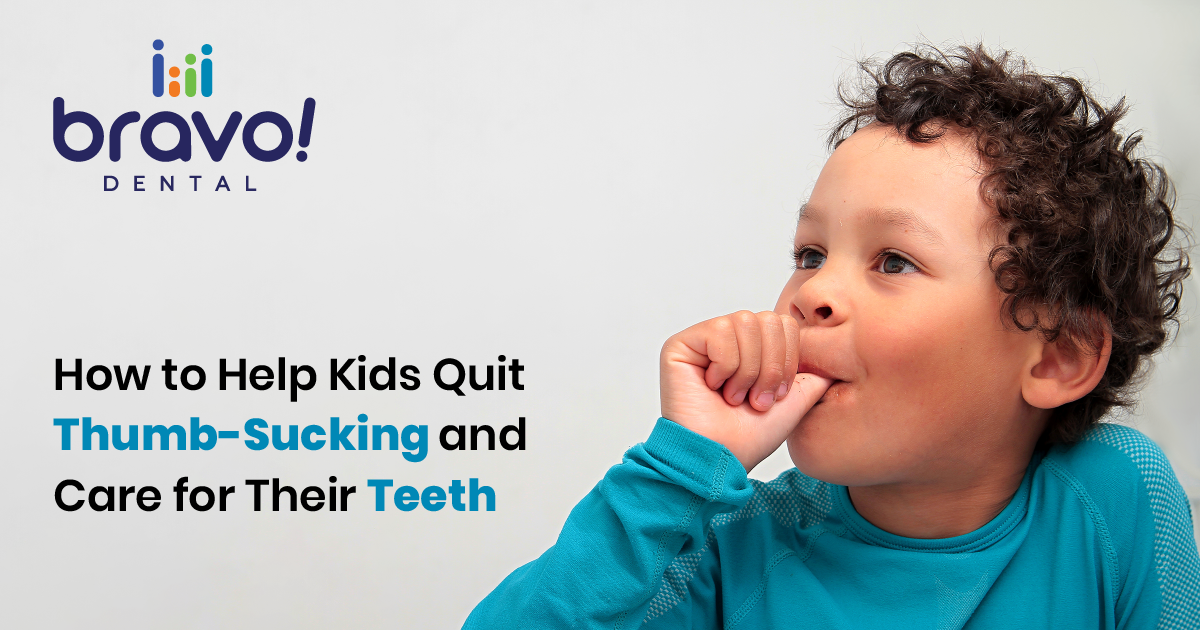
Oral thrush, also known as oral candidiasis, is a peculiar white rash that you might find inside your mouth. It can not only appear in your mouth but in other places of your body as well. It’s a yeast infection brought on by the candida fungus. Thrush can affect everyone, although it is most common in infants and toddlers, the elderly, and those with weakened immune systems.
Risk factors
If any of the following apply to you, you may be at risk for oral thrush infection:
Weakened Immunity: Newborns and the elderly are especially susceptible to oral thrush because of their weakened immunity. Cancer and related therapies, organ transplantation, needed immune-suppressing medicines, and HIV/AIDS are all medical illnesses / treatments that can suppress your immune system.
Diabetes: If you have poorly controlled diabetes, your saliva may contain a lot of sugar, which leads to candida growth.
Vaginal yeast infections: The same fungus that causes mouth thrush also causes vaginal yeast infections. The fungus can also be congenitally passed on.
Medications: Drugs that disrupt the normal balance of micro-organisms in your body, such as prednisone, inhaled corticosteroids, or antibiotics, can increase your risk of oral thrush.
Other oral problems: Oral thrush can be exacerbated by wearing dentures, particularly upper dentures, or by dry mouth circumstances.
Symptoms
Oral thrush symptoms may not be apparent at first. However, the following are possible signs and symptoms:
- Creamy white lesions on the tongue, inner cheeks, the roof of the mouth, and gums
- Inflamed Tonsils
- Redness, burning, or severe pain to make eating or swallowing difficult
- The cracking of the corners of your mouth
- A cottony sensation in the mouth
- Taste deterioration
- Denture redness, irritation, and pain (denture stomatitis)
What Causes It?
The candida fungus is present in small amounts in your mouth, digestive tract, and skin. It’s supposed to be there, and the other bacteria in your body normally keep it in check. Certain illnesses or treatments, such as corticosteroids or antibiotics, can, however, throw the balance off. This can lead to out-of-control fungal growth. That’s when thrush strikes. You’re more prone to get thrush if you smoke or wear dentures that don’t fit properly.
Treatment
Any oral thrush treatment aims to prevent the fungus from spreading too quickly, but the optimum technique will vary depending on your age, overall health, and the source of the infection. When possible, removing underlying causes can help prevent a recurrence.
Your doctor may prescribe an antifungal medicine. This can be in the form of lozenges, tablets, or a liquid. If topical treatments are ineffective, a medication that works throughout your body may be prescribed.
If you’re breastfeeding and your baby has oral thrush, the illness could spread between you and your kid. A modest antifungal medicine for your baby and an antifungal lotion for your breasts may be prescribed by your doctor.
Oral thrush isn’t a serious concern for most people. However, if your immune system is weakened, it could spread and become a systemic illness. If you find yourself experiencing any of the above-mentioned symptoms, book an appointment at Bravo! Dental without delay. Our experts will identify symptoms and help you get rid of oral thrush.
happy to hear from you, contact us
Fill out the contact form below and Feel free to send any question or query.




